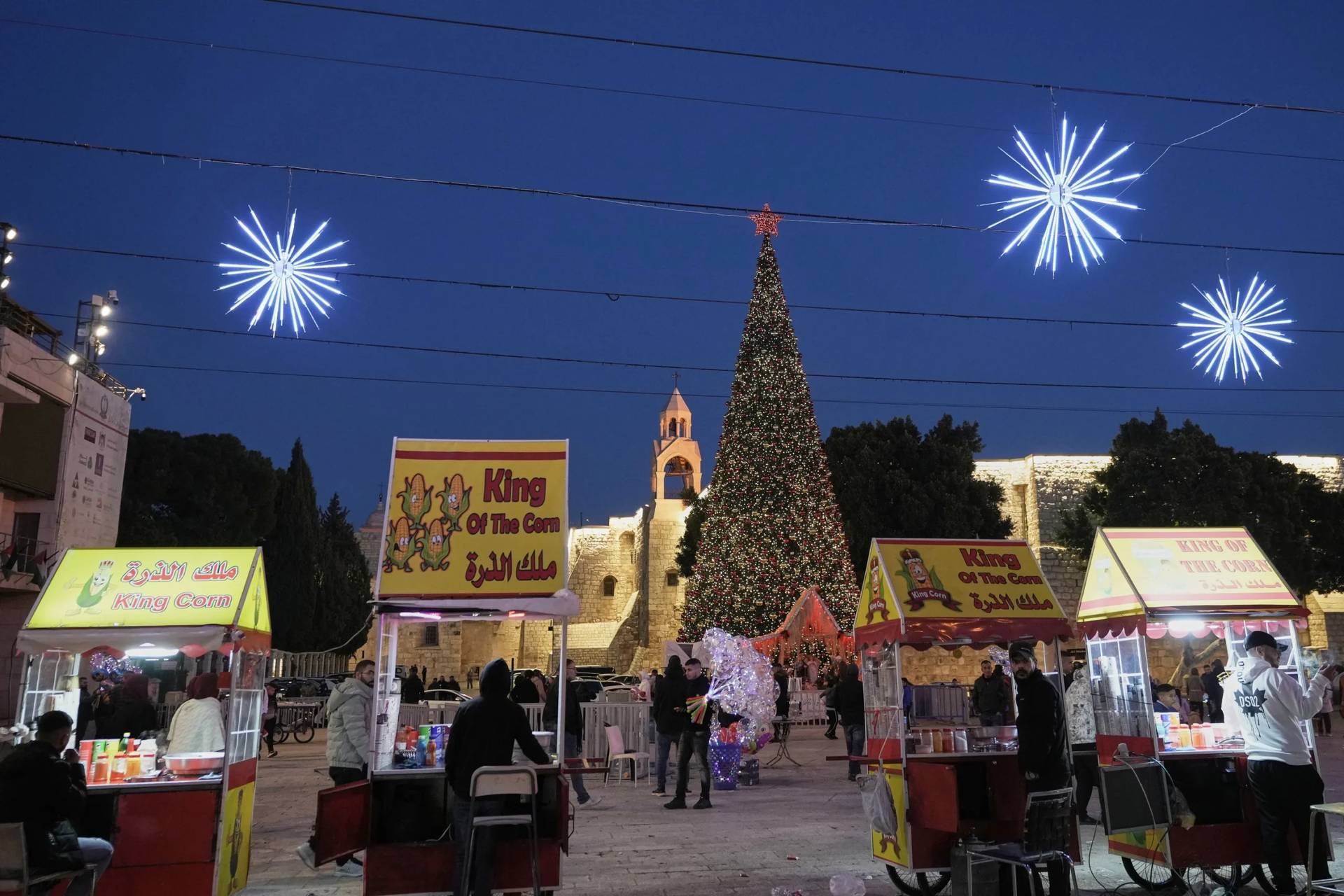MANAGUA, Nicaragua — Talks between President Daniel Ortega’s administration and opposition and civic groups on resolving weeks of deadly unrest broke down Wednesday after government opponents demanded earlier elections and changes in electoral laws.
The Catholic Church has been mediating the negotiations, and Cardinal Leopoldo Brenes announced late in the day that a decision was made to suspend the process indefinitely due to a lack of progress.
“Given that on this fourth day of dialogue no consensus has been achieved, the bishops are suspending the plenary dialogue,” Brenes said in a live transmission. “But they suggest a mixed commission, three from each side, to seek consensus and overcome the impasse.”
The talks were intended to defuse tensions in the Central American country that began in mid-April with protests over proposed austerity measures for the social security system.
Ortega reversed those, but by then a heavy-handed response from security forces and government-allied civilian groups caused protesters to broaden their demands to include the president’s exit from office.
In a report released Monday, the Inter-American Commission on Human Rights found that Ortega’s government violated protesters’ human rights during the unrest, with at least 76 people dead, nearly 900 injured and hundreds arrested. Many of the protesters were students.
The talks reached an impasse Wednesday when government negotiators refused to discuss a 40-point agenda presented by the bishops mediating the talks.
The opposition proposals included a road map to democratic elections, including reforms to the electoral law, moving up elections and prohibiting presidential re-election.
“The agenda leads us to one point: a coup d’etat, because it is a map to change the government outside of the constitution and the law,” said Foreign Minister Dennis Moncada, who headed the government delegation at the talks.
Ortega held power in Nicaragua from the triumph of the Sandinista revolution in 1979 until 1990, when he lost an election, and again since winning back the presidency in 2007.
Moncada said the government is open to discuss any theme within a constitutional framework but conditioned talks on protesters taking down highway and road barricades.
“We cannot be discussing almost the 40 points in the agenda while traffic blockages affect the population,” the foreign minister said.
Representatives of civic groups, students and the private sector rejected the government’s statements.
“In no way is the agenda a road map to a coup d’etat, but a path to democratic change, which is what the people have been asking for recently with massive marches across the country,” said former education minister Carlos Tunnermann.
The inter-American right commission called for the government to ensure that deadly weapons are not used against protesters, and also said it found evidence of torture, arbitrary arrests and media censorship.
“Potentially lethal force cannot be used merely to maintain or restore public order,” the commission said.













